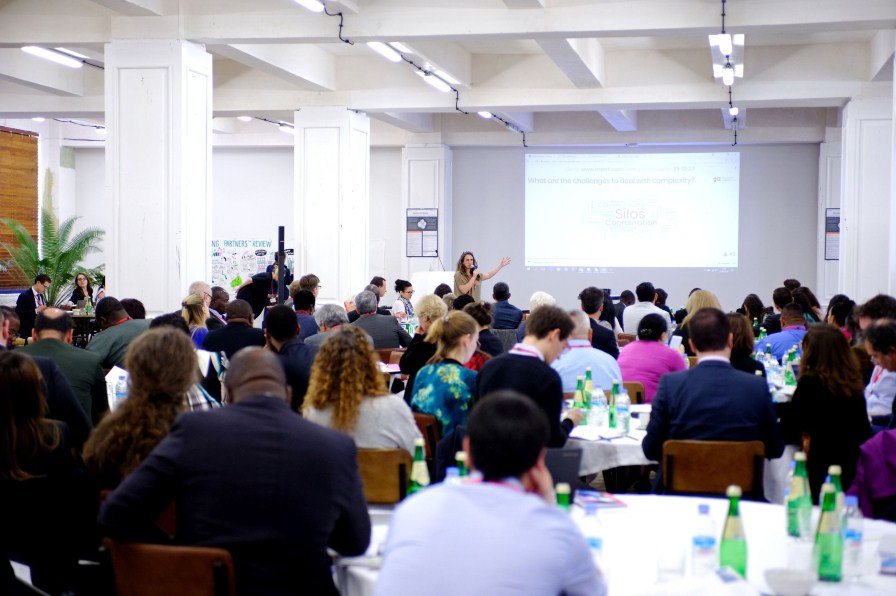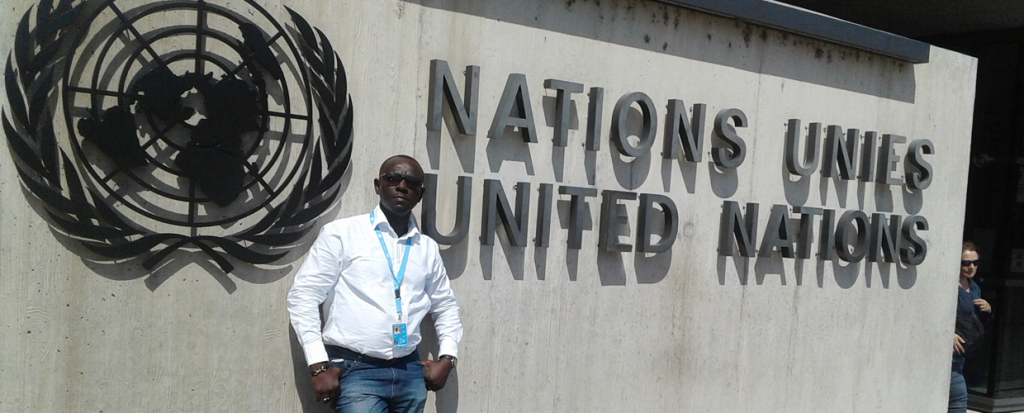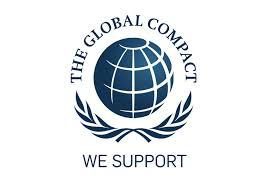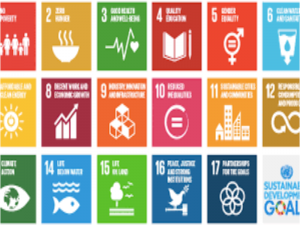The Sustainable Development Goals (SDGs), otherwise known as the Global Goals, are a universal call to action to end poverty, protect the planet and ensure that all people enjoy peace and prosperity.
These 17 Goals build on the successes of the Millennium Development Goals, while including new areas such as climate change, economic inequality, innovation, sustainable consumption, peace and justice, among other priorities.
As its contribution in helping to achieve the SDGs, the organization has been serving as the voice of change and a platform for dialogue among the African people as well as involving the international audience to join hands in helping the Africa continent to promote the ideology of sustainable development.
In this sense, its aims are to reintroduce innovative attitudes and to reform structures that mitigate sustainable development by enabling a participatory process that involves and includes all stakeholders.
Sustainable Development has been a major policy direction of the United Nations. This has led to the growth of a new emphasis on sustainable development and participatory development in an attempt to address both the Millennium Development Goals and post 2015 Sustainable Development Goals. The linkage between participation in the attainment of these Goals and the United Nations has been seen as an important means of improving the effectiveness of services and empowering the major stakeholders in the development processes.
Elizka’s new development concept emphasizes on the territorial dimension of development, as its stakeholders are immediately affected by the diversity and dynamics of the local realities in which they operate daily.
Thus, the territory emerges as a suitable framework to promote sustainable development, building upon local potentials and the exploitation of local resources – including human, physical, natural and financial resources.
The networked system of territorial development is based not only on economies of scale but also on a process of learning and organizing that arises from interdependence and mutual exchange.
A society that wants to take advantage of local external economies so as to improve its competitiveness or efficiency must itself participate in these collective learning and organizing processes and establish roots in the locality.
The new organizational approach includes building local development centres that take into consideration the need for proximity and diversity.
In this light, the essential role of Elizka is to be a development programme facilitator at both the local and international levels, and link communities and groups to supporting agencies which could reach the local communities with developmental and capacity building programmes and projects.





